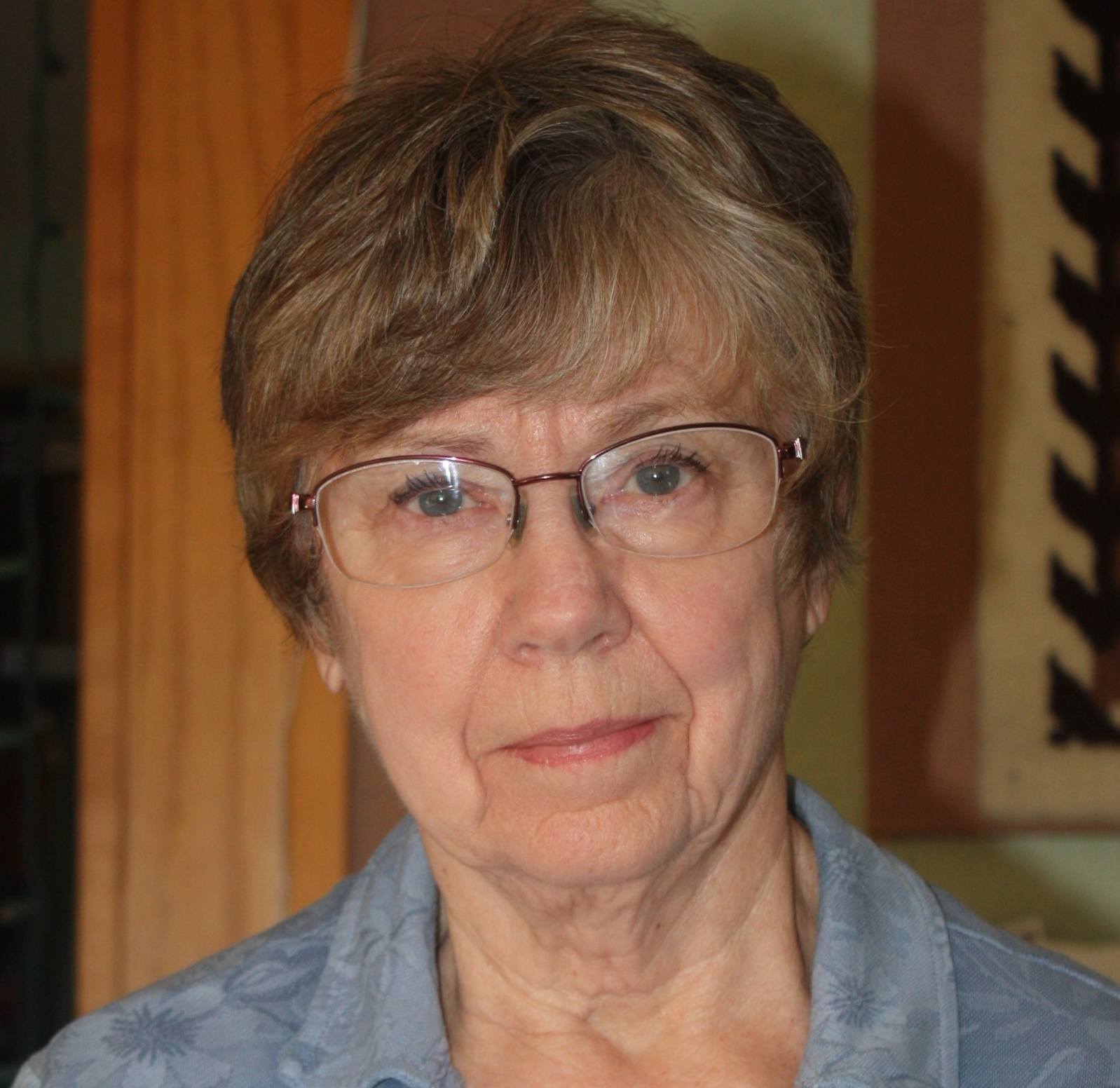Seed Potato Harvest 2022
 | Author:
Nancy Marks
Nancy Marks: MT43 News Secretary and News Editor |
Seed Potato Harvest in Broadwater County
Manager Matt Graham is buzzing around on his four-wheeler checking machinery, talking to workers, and keeping trucks lined up on a bright Monday morning at the potato processing plant and cellar on Front Street in Townsend. He keeps a close watch on conveyor belts where hundreds of pounds of seed potatoes are churning up loading chutes. The seed potato harvest in Broadwater County is in full swing, and processing those precious spuds is a complex operation.
Five farms in the county raise seed potatoes for Big Sky Seed, a certified seed processor headquartered in St. Anthony, Idaho. Graham, local operations manager for Big Sky Seed, says the harvest began Sept. 27 and lasts two weeks. “We normally process seed potatoes for commercial growers in Idaho and Washington. Last year was not a good year because of the smoke blocking out the sun. This year we are hoping for a better year despite the fact we had a cold spring, so the potatoes did not sprout as well,” he said. The five farmers who raise the potatoes for certification run approximately 1,900 acres in Broadwater County. Each farmer either plants his own acreage or rents acres from surrounding farms. Graham runs 370 acres each year.
Graham explained that seed certification is complicated and important. Throughout the growing season, the seed potatoes are watched for diseases such as those caused by nematodes or an aphid-transmitted PVY virus. The certification process is overseen by Montana State University’s Department of Agriculture.
Nina Zidack, the department’s director of seed potato certification, explains, “The plants first start in a sterile environment, then are moved to a greenhouse nursery and finally to the field. We watch the plants carefully for any sign of disease.” She said most people do not realize a potato starts from a leaf. Once the seed is certified for field planting, farmers protect the plants with herbicides and insecticides. “Farmers are careful to spray only when it is safe to do so, such as one month before harvest,” she said. Seed potatoes are safe for the consumer to eat as well. Graham said they are meticulous about keeping the processing plant free of disease. “We continually disinfect our equipment and our cellar walls and floor.”
Another disease-control step is not using seed potatoes from the same source more than twice. After using their own seed twice, farmers must buy seed from another certified source. Graham buys his own seed from a Manhattan farm. Still another protection is crop rotation. Certified seed potatoes can be planted in the same field only every other year. Farmers then plant the field with an alternative crop such as small grains or alfalfa.
Before harvest begins, the farmer kills the vine with either acid or a desiccant, a drying agent. Neither of these is dangerous to the consumer. Anyone who drives by a potato field this time of year will see the dead vines. The reason for killing the vines is to help the potato skins to mature so the potato does not bruise so easily.
Graham hires 16 to 18 seasonal workers every year, many of whom return every year for the two-week session. Susan Treaster has been a sorter for seven years. Her job is to sort out baby potatoes for shipment to a Hawaii testing facility. “The hours are long, but the money comes in handy for Christmas extras,” she said. Both her sons work potatoes too. The pay is about $15 per hour. Some high school students work after school. Graham said his crew is complete. Students must be 16 to apply for the job. His other crew consists of three people in the field and six people who drive trucks. His equipment maintenance crew consists of three professional mechanics who come from Mexico on H2-A green card visas. “They have been with us for six years here in Montana, but each has worked twenty years in Idaho,” he said.
Graham stocks about 80,000 sacks of spuds over winter and ships them to Washington and Idaho for planting. “I stock four varieties of russets and two varieties of reds,” he said. Depending on what end product the Washington or Idaho growers are shooting for, such as French fries or powdered potatoes, for example, determines the variety a grower will choose, a potato with more sugar content or less, he said.
Graham has been in the potato business since he was a student in middle school. “Our schools in Idaho closed down for two weeks so everyone could work in the processing plants,” he said. He includes his family of four children here in Townsend in the business as well. “I think it is important that my kids know where the food in the grocery store comes from,” he said. He sells some potatoes in Townsend for home consumption.
Article Images
Click on Image Thumbnail(s) to view fullsize image
Image 3 Caption: Veteran sorter Susan Treaster and a coworker chose baby potatoes for test planting.
Image 4 Caption: Trucks dump their field loads into the red tub. The green vacuum pump sucks the potatoes up on to a conveyor belt while separating loose dirt, rocks and vines into a separate box for for recycling back to
the fields.



